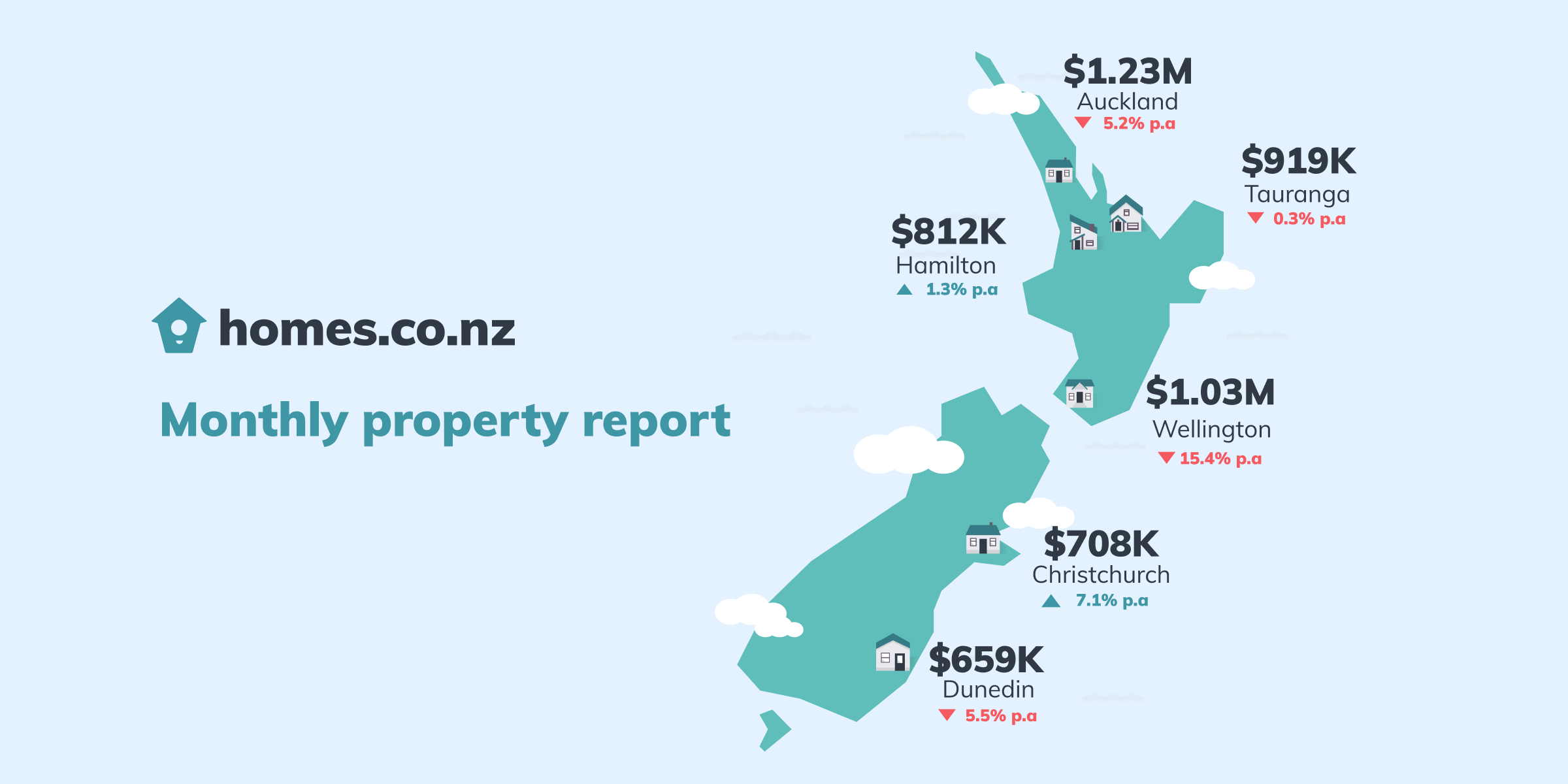Recent changes to the Residential Tenancies Act gives Tenancy Tribunal more power.
Back in August 2019, we witnessed the passing of the Residential Tenancies Amendment Bill No 2. This piece of legislation was significant as amongst other changes, it gave the Tenancy Tribunal jurisdiction to make rulings on any premises used as a place of residence including if the premises was an unlawful dwelling. Sleepouts, converted garages and additional dwellings on land without a separate title all fall into this category.
A great example of this change in legislation is the complex Tenancy Tribunal case of Lobarinas (Tenant) v Zhan (Landlord). This recent case highlights the significance in the changes of legislation and provides an excellent example of how a landlord attempting to contract out of the Residential Tenancies Act (RTA) simply backfired.
The background of this Tribunal case is as follows.
- The landlord (Ms Zhan) rented out a separate dwelling which was attached to the main dwelling which Zhan lived in. This was done as a House Sharing Agreement meaning that Ms Zhan was attempting to contract out of the RTA.
- Zhan argued that the occupant (Mr Lobarinas) was not a tenant but instead a flatmate.
- Zhan collected a bond but failed to lodge it with Tenancy Services.
- Zhan gave 42 days notice to Lobarinas as her daughter was coming to reside at the premises over the Christmas period.
- The extension to the dwelling was consented but not as a separate household or title.
- Lobarinas lived in a separate dwelling without access to the main household.
The case brings a number of alleged breaches of the RTA. This includes renting out an unlawful dwelling, giving incorrect notice to vacate, failing to lodge the bond, a breach of quiet enjoyment and contracting out of the RTA.
Lobarinas argued that he was indeed a tenant to the dwelling and the RTA did apply. Therefore, the notice he had been issued was invalid and the normal provisions of the RTA applied.
The adjudicator agreed with Lobarinas and awarded damages against Zhan. Adjudicator Hogan correctly concluded the following breaches had occurred.
- Lobarinas was, in fact, a tenant and not a flatmate. This is because the premises was separate to the main dwelling. Lobarinas never had access to and could not share the facilities of the main dwelling. Therefore there were two separate dwellings on the one title.
- The RTA defines a residential premises as “any premises used or intended for occupation by any person as a place of residence, whether or not the occupation or intended occupation for residential purposes is or would be unlawful”.
- Although the extension had consent, it did not consent as a separate dwelling. The title showed only one dwelling.
This meant that Zhan’s attempt to contract out of the RTA had failed. For Zhan to continue to rent out the separate dwelling in the future, she would have to obtain consent from the local council as there was a change of use to the premises. The adjudicator could have issued a work order against the landlord to get consent but chose not to do so. Lobarinas indicated to the adjudicator that the premises were in fact very comfortable. The adjudicator explained to Ms Zhan that she could use a House Sharing Agreement but this meant that any occupant must have full access to the entire premises and not just the separate dwelling.
In conclusion, there are multiple lessons for landlords when examining this case. If you have a converted sleepout or a separate dwelling that you want to rent out, you must ensure you do the following.
- Make sure the premises have the correct consent and are on a separate title. Section 45.1(c) of the RTA states that the landlord must comply with all requirements in respect of buildings, health, and safety under any enactment so far as they apply to the premises. Therefore if the premises do not have consent the landlord is in breach of their responsibilities. Penalties for this are not insignificant and are only going to increase when proposed changes to the RTA are passed and become law.
- You cannot contract out of the RTA. Section 11 of the RTA states any attempt to enter into an agreement between a landlord and a tenant that is inconsistent with the RTA will have no effect.
- As there was a Tenancy Agreement in place the landlord had given incorrect notice to the tenant as the daughter to Ms Zhan was only temporarily staying and it was not their principal place of residence. Zhan had also failed to lodge the bond within the appropriate timeframe.
- You can get a flatmate but you cannot restrict them to a separate dwelling, they must have use of the entire premises.
So, the simple answer is no, you cannot contract out of the RTA. If you are going to rent out a dwelling, always ensure that you have the correct consents to do so. Tribunal now has jurisdiction to refund part or all of the rent and this could be a costly mistake.
Real iQ is the largest training provider to the Property Management industry delivering the only NZQA recognised Property Management qualification in partnership with The Skills Organisation.
Real iQ has developed an online learning platform that is ideal for landlords who want to expand their knowledge base so that they can maximise the performance of their property portfolio. The Real iQ Academy is a training platform aimed at self-managing landlords and new entrants to the Property Management industry. For more information visit Real iQ


